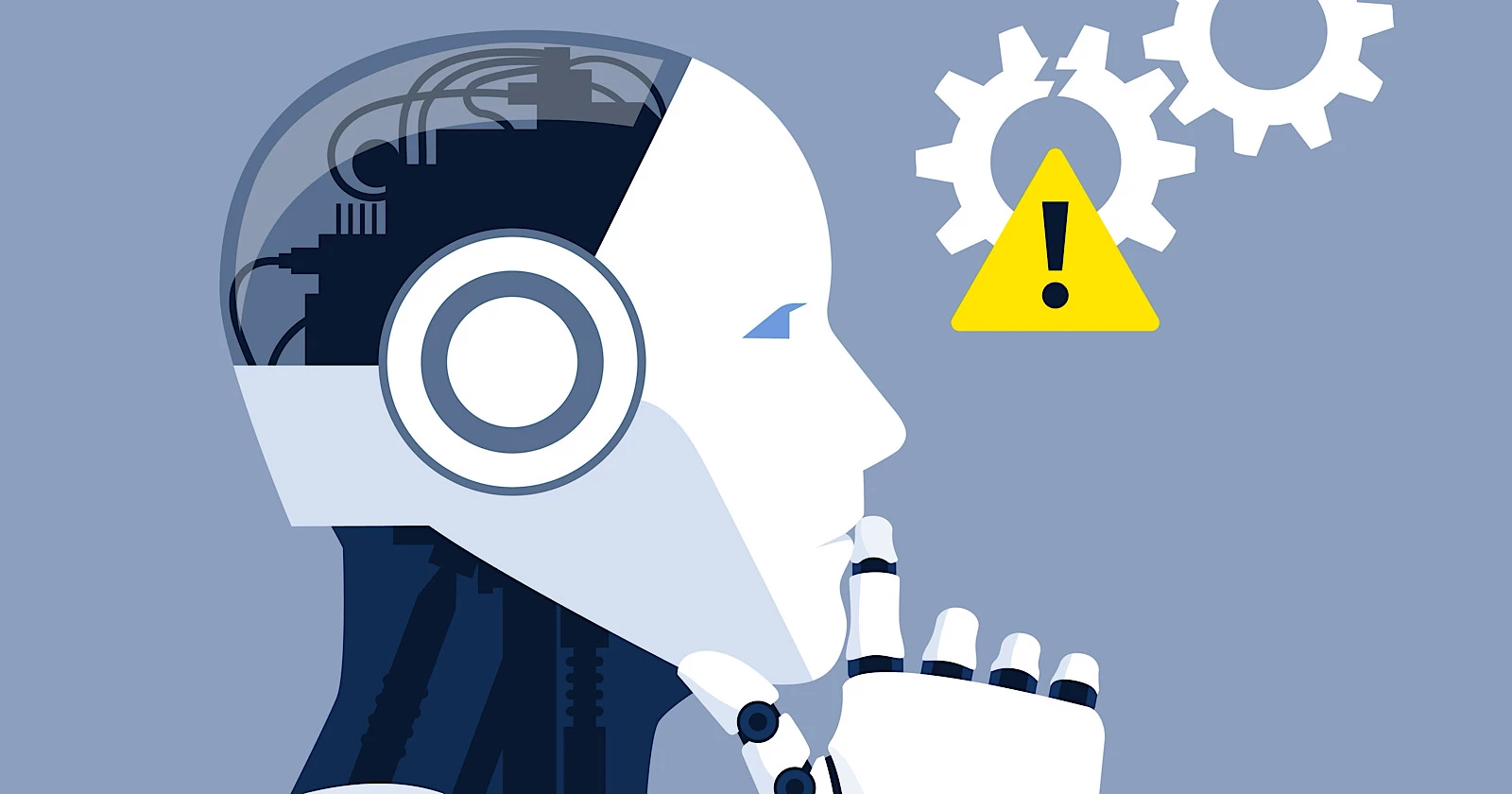91% of AI News Responses Show Problems, BBC Finds

Author: Super Admin
Published On: 11 February, 2025

Video summary:
A new BBC study reveals that AI assistants struggle with news-related questions, often providing inaccurate or misleading information.
BBC journalists reviewed answers from four AI assistants: ChatGPT, Microsoft’s Copilot, Google’s Gemini, and Perplexity.
Journalists submitted 100 questions about current news and asked the chatbots to cite BBC articles as sources.
Here’s what they found:
BBC journalists concluded:
“AI assistants cannot currently be relied upon to provide accurate news, and they risk misleading the audience.”
Examples of mistakes found include:
The BBC points out that frequent errors create concerns about AI spreading misinformation. Even accurate statements can mislead when presented without context.
From the report:
“It is essential that audiences can trust the news to be accurate, whether on TV, radio, digital platforms, or via an AI assistant. It matters because society functions on a shared understanding of facts, and inaccuracy and distortion can lead to real harm.”
These findings align with another study I covered this week, which examines public trust in AI chatbots. This study revealed that trust is evenly divided, but there is a distinct preference for human-centric journalism.
The BBC’s findings highlight key risks and limitations for marketers using AI tools to create content.
As AI becomes common, marketers should consider informing audiences when and how they use AI to maintain trust.
While AI has potential in content marketing, it’s important to use it wisely and with human oversight to avoid damaging your brand.
Featured Image: elenabsl/Shutterstock